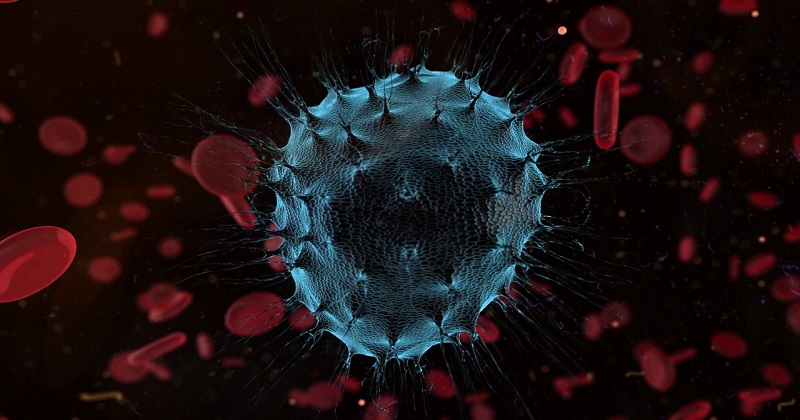
A recent study revealed that younger people are now more likely to acquire cancer. Researchers at Brigham and Women’s Hospital found that since 1990, the global incidence of early-onset malignancies, or those diagnosed before the age of 50, has substantially increased. Among these malignancies are those of the kidney, liver, pancreas, breast, oesophagus, and colon. Nature Reviews Clinical Oncology reported the study findings.
Alcohol use, lack of sleep, smoking, being overweight, and eating foods that have undergone extensive processing all provide risks for developing cancer at an early stage. Surprisingly, despite the fact that adult sleep duration hasn’t changed considerably over time, researchers found that children are now receiving significantly less sleep than they did decades ago.
The early-life exposome, which encompasses one’s diet, way of life, weight, exposure to the environment, and microbiota, has seen substantial change in recent decades, according to a detailed review carried out by the researchers. Thus, the westernised diet and way of life were identified as probable causes of the rising incidence of early-onset cancer.
Risk factors include highly processed foods, sugary beverages, obesity, type 2 diabetes, sedentary lifestyles, and alcohol use have dramatically increased since the 1950s, and researchers believe this has correlated with shifting microbiomes.
Researchers conducted in-depth analyses of the information that was easily accessible in the literature and online, including information on early life exposures that may have contributed to this trend, in an effort to explain why so many younger individuals are receiving cancer diagnoses.
The scientists came to the conclusion that early detection through cancer screening programmes can partially explain this rise in the incidence of specific cancer types. It is hard to say with certainty whether the percentage of the increasing prevalence may be totally attributable to early identification and screening. However, they made the point that it is unlikely that increased screening will be the primary factor in an increase in the incidence of many of the 14 different cancer types.
According to Shuji Ogino, MD, PhD, a professor and physician-scientist in the Department of Pathology at Brigham, the ‘birth cohort effect’, which shows that each succeeding group of people born later has a higher risk of developing cancer later in life, is to blame. This effect is thought to be caused by risk factors that people were exposed to when they were young.
Ogino claims that it was found that the danger has been increasing with each passing generation. People born in 1960 have a higher chance of acquiring cancer before age 50 compared to people born in 1950. It is anticipated that this degree of hazard will rise throughout the course of succeeding generations.
‘Among the 14 cancer types on the rise that we studied, eight were related to the digestive system. The food we eat feeds the microorganisms in our gut. Diet directly affects microbiome composition and eventually, these changes can influence disease risk and outcomes’, said Ugai.
The amount of data from low- and middle-income countries, however, was insufficient to identify long-term trends in cancer incidence.

Post Your Comments